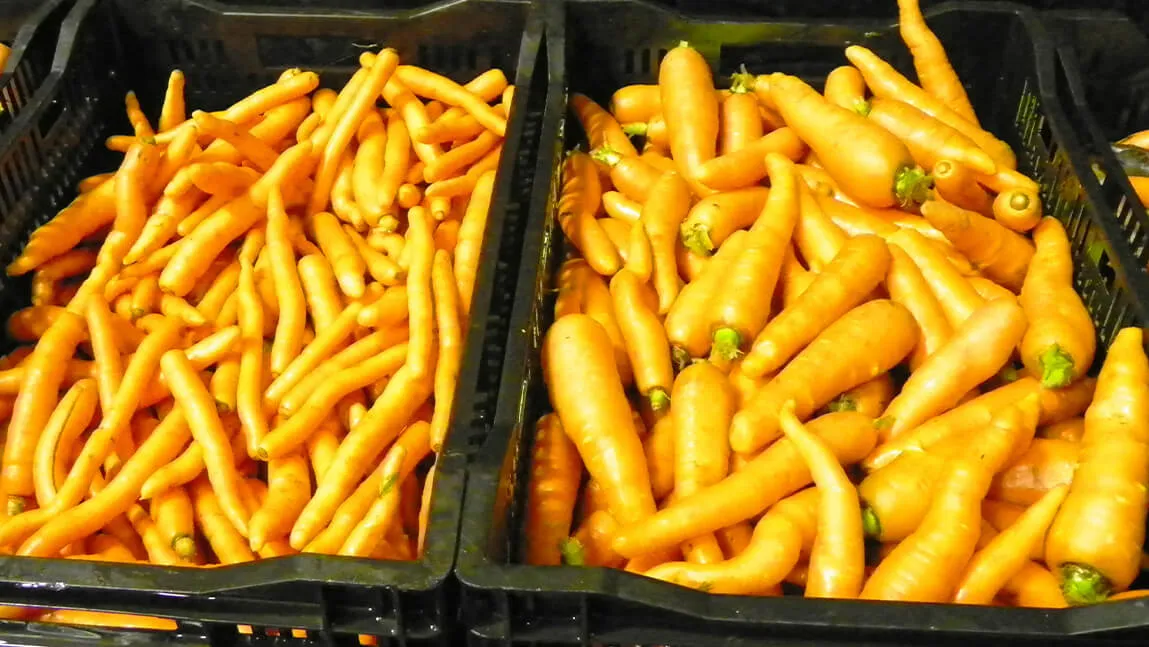UVM Extension, the Vermont Vegetable and Berry Growers Association, and the Vermont Agency of Agriculture, Food and Markets created a voluntary food safety program to inform and recognize small- and medium-sized farms that adopt best practices for produce safety, prepare customized produce safety plans, and comply with the intent of the FSMA Product Safety Rule.
Relevance
The Food Safety Modernization Act (FSMA) was signed into law in 2011. It includes the Produce Safety Rule, which is the first federal standard for the production, harvest, and handling of fruits and vegetables. FSMA established that vegetable and fruit farms with annual produce sales less than $25,000 are "not covered" by the law, and that farms with annual sales of food less than $500,000 may be "qualified exempt" from compliance if at least half those sales are within a state, or within 275 miles of the farm, to "qualified end users," such as consumers and retailers that sell directly to consumers. The passage of FSMA led to concerns about the lack of an appropriate food safety program for the many small farms in Vermont that either were not covered or qualified exempt from FSMA.
Response
The Community Accreditation for Produce Safety (CAPS) program was created in 2014 as a collaborative effort of UVM Extension, the Vermont Vegetable and Berry Growers Association (VVBGA), and the Vermont Agency of Agriculture, Food and Markets (VAAFM). Its purpose is to establish practical produce safety standards for small- and medium-scale farms, maintain market integrity for VVBGA farmers exempt from FSMA, provide a transparent way for growers to explain their food safety practices, reduce risk from foodborne pathogens on fresh produce, improve the quality and shelf-life of fresh produce, and build an online community where growers and service providers share information.
Results
In 2020, 160 farms used CAPS resources on the VVBGA website (vvbga.org) to write or modify produce safety plans with 140 of those farms earning CAPS accreditation. Of these 140 farms, 38 also completed CAPS-Plus by completing a traceability plan, a mock recall, and passing an on-farm audit with VAAFM. The 140 accredited farms had an aggregate production of 2,865 vegetable acres, 447 fruit acres, and 1,822,000 sq. ft. of greenhouse/high tunnels representing a total of $32.4 million in estimated aggregate annual sales.
Public Value Statement
Accreditation through the CAPS program reassures both customers and retail buyers that produce grown on local farms was handled using best practices to not only minimize food safety risk but also to ensure the quality of fresh produce.
